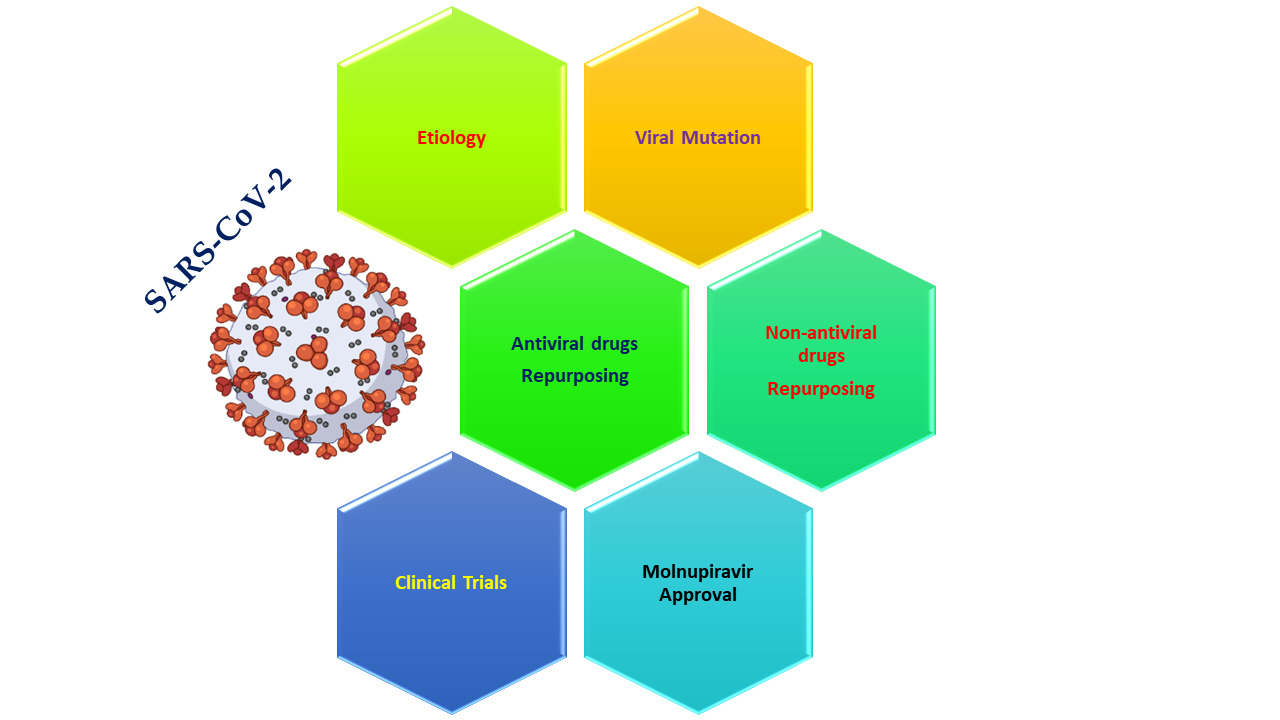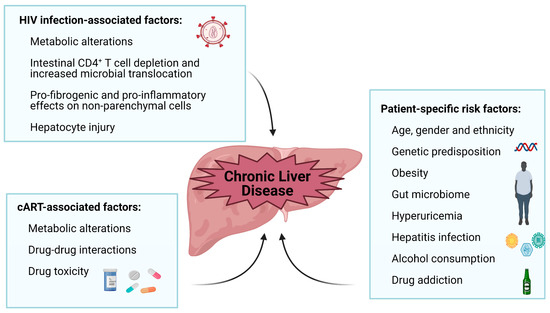Antiviral Drugs Are Often Difficult to Develop Largely Because
These medicines have been much more difficult to develop than antibacterial drugs because antivirals can. Itd be great if molnupiravir had held up to a higher efficacy rate because it could be in some ways an ace.
Antiviral drugs are often difficult to develop largely because.

. Because of this it has been notoriously difficult for researchers to develop. It is said Evans a heck of a lot harder to create an anti-viral than an antibiotic. Viruses are more abundant in the body than bacterial cells.
One reason is that the development of these drugs has often been bumpy or worse. Each antiviral only works against a specific virus. But basic gaps in the US.
Designing safe and effective antiviral drugs is difficult because viruses use the hosts cells to replicate. A Viruses are more abundant in the body than the bacterial cells B Viruses are much smaller than bacterial cells C viruses are obligate intracellular parasites so the drugs must enter the host cell and often cause toxic side effects in order to try the virus. Updated November 30 2021 at 625 PM ET.
How the health system could improve access to Covid-19 treatments. Viruses are obligate intracellular parasites so the drugs must enter the host cell and often cause toxic side effects in order to destroy the virus. Others inhibit the machinery that a virus needs to make copies of itself once it has already barged inside your cells.
Moreover the major difficulty in developing vaccines and anti-viral drugs is due to viral variation. A Food and Drug Administration advisory committee voted Tuesday in favor of recommending molnupiravir a new antiviral pill made by the drug companies Merck and Ridgeback Biotherapeutics for treating COVID-19. Vaccines and monoclonal antibody treatments target the virus through its spike protein which it uses to attach and gain entry into cells.
The rationale was that these agents would have little or no cross-activity with human cells or proteins and therefore be non-toxic. In randomized placebo-controlled trials with largely healthy ambulatory adults and children with relatively mild seasonal influenza but the clinical importance of prescribing antiviral drugs for influenza on the basis of these data has been the subject of some controversy 2. The structure of each virus differs and specific therapy is often unsuccessful because of periodic changes in the antigenic proteins of the virus antigenic proteins provoke an immune response in the host.
NRTIs are the backbone of treatment for chronic HBV infection. Vaccines and monoclonal antibody treatments target the virus through its spike protein which it uses to. Then dampening the immune.
According to Mercks data analysis molnupiravir reduces the risks of hospitalization and death in COVID-19 patients by 30 when the pills are started within five days of symptom onset. If a virus is susceptible it can be treated with the drug. Antivirals are challenging to create.
But the current scourge requires more than the usual amount of cleverness from antiviral designers. The reduction in the effectiveness of an antiviral agent to treat an infectious disease probably caused by amino acid mutations within or outside the drug-binding site. At a Downing Street press conference.
Bacteria are complete free-living cellular. Thats because the antiviral pills take aim at a different part of the virus life cycle. The UK prime minister Boris Johnson recently announced the creation of an antivirus taskforce to supercharge the development of new antiviral drugs.
Genetic barrier to resistance. Viruses are much smaller than bacterial cells. Drugs designed against one virus often work against others because proteins such as the polymerases used to copy virus genomes are similar across a wide range of viruses.
New antiviral drugs are also in short supply. In fact a recent study published in JAMA found that Medicare beneficiaries at the highest risk for Covid-19 were the least likely to be treated with monoclonal antibodies largely because of difficulties accessing the treatment in a timely manner after being infected. Because viruses inside cells are harder to target antiviral drugs are more challenging to develop.
If the agency authorizes use of the drug it would be the first oral antiviral treatment for COVID-19 for use at home. Health experts find these results lackluster. A ntiviral drugs for treating Covid-19 have been hailed as a pandemic game-changer a tool that could perhaps finally help life return to normal.
But the drugs do not affect viruses. Drug susceptibility The sensitivity of viruses to one or more drugs. Thats because the antiviral pills take aim at a different part of the virus life cycle.
The goal of the drugs is to assist in the process of really whacking the virus hard so the immunity can finish it off Dieffenbach says. Many factors account for the difficulty in developing antiviral agents. It is largely tuned to look at antiviral drugs mainly the game-changers to advance quickly and reject others He added that Vaccines do the bulk of heavy-lifting but antivirals are.
This makes it difficult to find targets for the drug that would interfere with the virus without also harming the host organisms cells. An antibiotic can usually treat many different types of bacterial infections. Development of antiviral agents has largely focused on viral targets.
There are more viruses than antiviral drugs to treat them. Much of the challenge lies in the nature of the germ itself. During the pandemic antivirals have been waiting in the wings for their moment while vaccines have been the superstars.
Antiviral drugs are often difficult to develop largely because A. Scientists must peer into the viruss mechanisms to identify how to stop it from replicating rather than focusing on the surface as the vaccine makers did. Coronaviruses are pretty tricky Seley-Radtke says.
However in high-risk patients. Add a lack of reliable animal models and a lack of investment and it becomes clear that antiviral drug development is a complex problem. In the later stages of disease the health problem often shifts to hyper-inflammation where a persons own immune response is causing many of the symptoms of severe disease.
From bug to drug For decades scientists didnt know whether viruses had any of their own enzymes.

Global Intervention For Combating Sars Cov 2 Dddt

Cells Free Full Text Nnrti And Liver Damage Evidence Of Their Association And The Mechanisms Involved Html
No comments for "Antiviral Drugs Are Often Difficult to Develop Largely Because"
Post a Comment